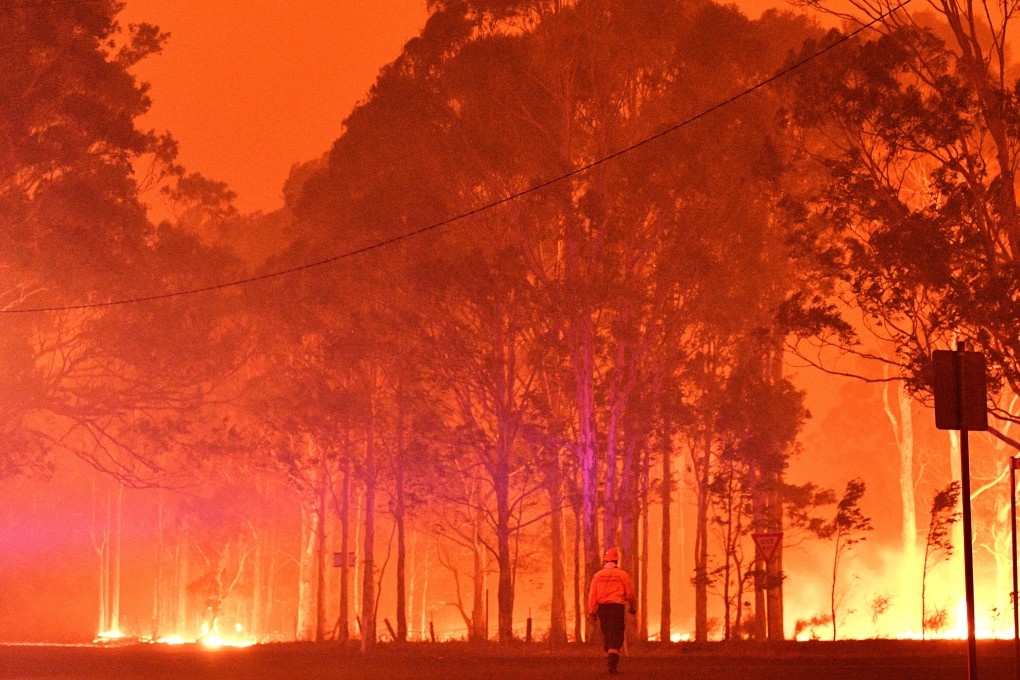Advertisement
Opinion | Why many Gen Z youth are ‘lying flat’ on climate change
- Apocalyptic memes and the ‘smiling face with tear’ emoji express the sentiments of a generation tired of watching governments and businesses stall on addressing climate change, even as dire warnings of extreme weather events grow
3-MIN READ3-MIN
3

You don’t need to go far to find one, two or a million “end of the world” memes online. These viral offerings have evolved as a way to comfort ourselves with dark humour.
Yes, there are thousands of passionate, angry and hopeful young climate activists out there in the world, but many members of Gen Z are just over it.
We care, but we are overwhelmed. We’re tired of uncertainty, we’re tired of being trapped in a system that isn’t listening to us, we’re tired of a competitive job market and the message that we will never afford to buy a home.
Advertisement
Since last year, we have not only faced the mundane pressures of trying to earn a living to survive in a world that just doesn’t seem to fit us, but we continue to live with a deadly virus, a crippled economy, prolonged lockdowns and, to add some extra flavour, the possibility that – regardless of where we end up – extreme weather patterns and natural disasters may destroy our world.
It’s no wonder we need more memes to cope with life’s most pressing questions.
Advertisement
The Intergovernmental Panel on Climate Change (IPCC) announced in its latest report that global warming is driving a significant increase in the frequency of extreme hot temperatures across the globe.
Advertisement
Select Voice
Select Speed
1.00x
